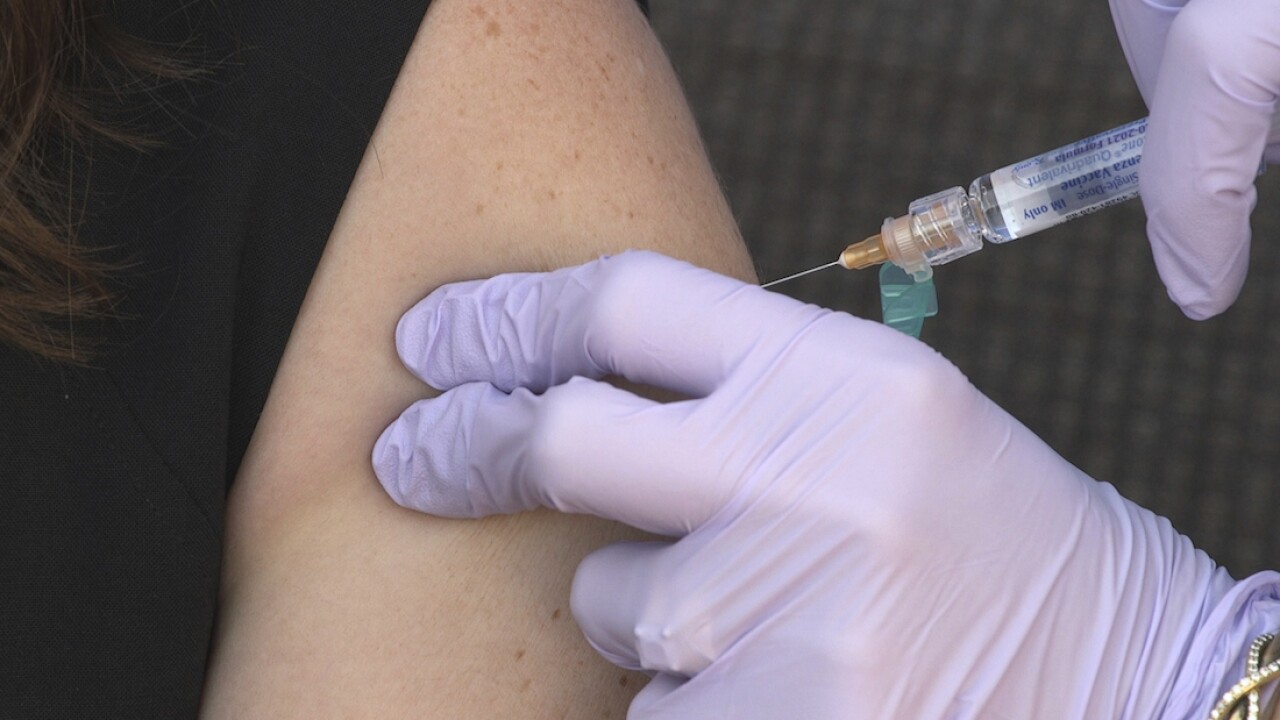Senate Bill 871, proposed by Richard Pan on Monday, aims to add COVID-19 to the list of already-mandatory vaccines necessary to attend school and end the personal belief exemption "loophole."
The Keep Schools Open and Safe Act builds on one of Pan's previous and already passed bills, Senate Bill 277.
That bill, passed in 2015, put an end to the personal belief exemption for all the currently mandatory vaccines in schools.
"As a pediatrician, parent and legislator, I'm committed to giving the public confidence and certainty we are working to prevent or slow down the next COVID-19 surge," Pan said.
While Governor Gavin Newsom has already issued a statewide vaccine mandate for schools, only the legislature can remove the exemption.
"The children who have all these medical issues don’t feel safe going to school unless everyone is vaccinated, so for kids whose families think, 'oh my kids healthy and safe and I don’t need to worry,' we need to think bigger and broader," explained Wendy Bloom, a pediatric nurse and Protect Us Organizing Director.
The opposition argues education is not a bargaining chip.
"To hold up someone’s education, to deprive them of vital education - I think we’ve all seen how important that is to kids during this pandemic - over a medical decision is just wrong," argued Assemblyman James Gallagher.
Recently, some students have been speaking out on this matter as well.
A youth activist group called Teens for Vaccines is a co-sponsor on this bill and another similar bill and has been using its voice in favor these mandates.
"Students and teens are fatigued and fed up. It's time people stop denying the science and get vaccinated and wear their mask," pleaded Arin Parsa, founder of Teens for Vaccines.
Another similar bill proposed recently could seal the deal on a student's right to choose.
The second bill they are sponsoring is Senate Bill 866, which would permit children 12 and older to choose to be vaccinated, including against COVID-19, without a parent’s consent or knowledge.
Both bills have a long way to go before potentially becoming law.
They would need to go through committees on both sides, be voted on the floor, and if passed by both the assembly and the senate, they would then be sent to the governor for approval.



